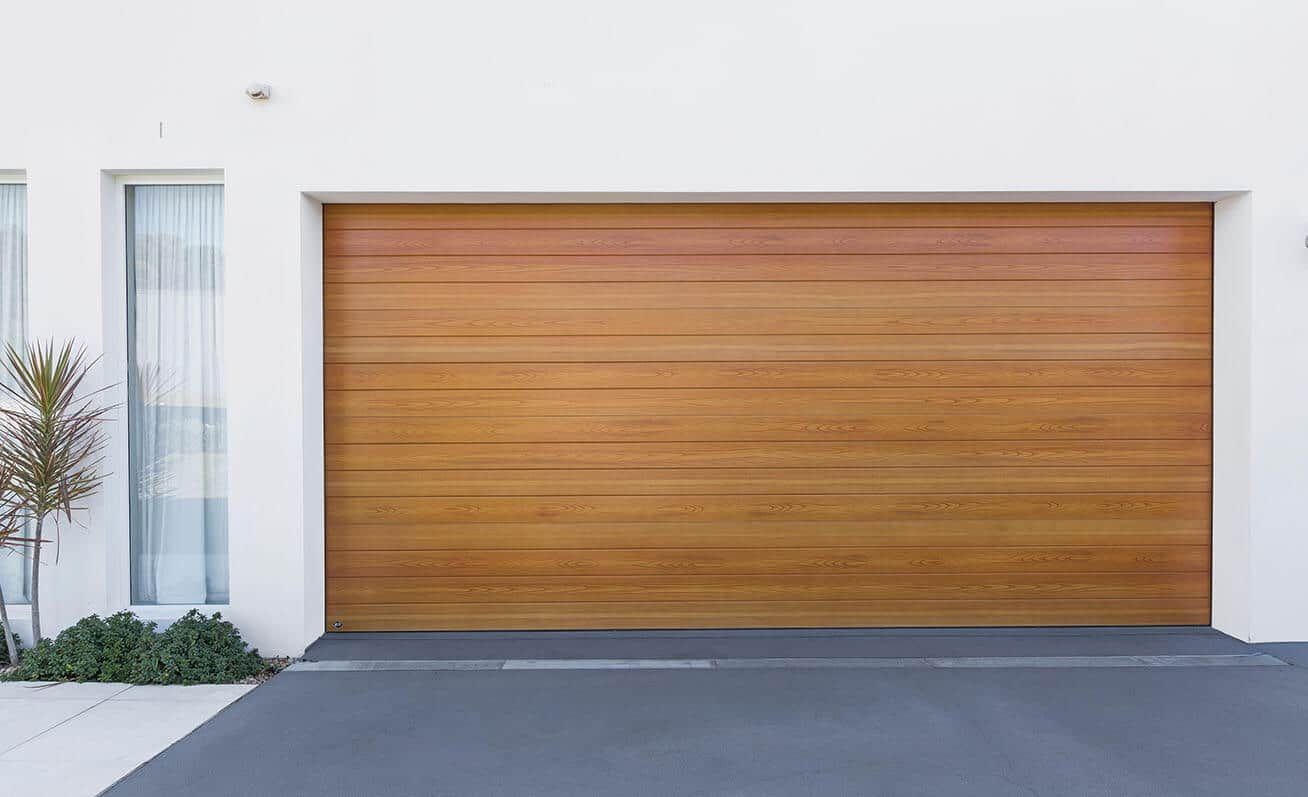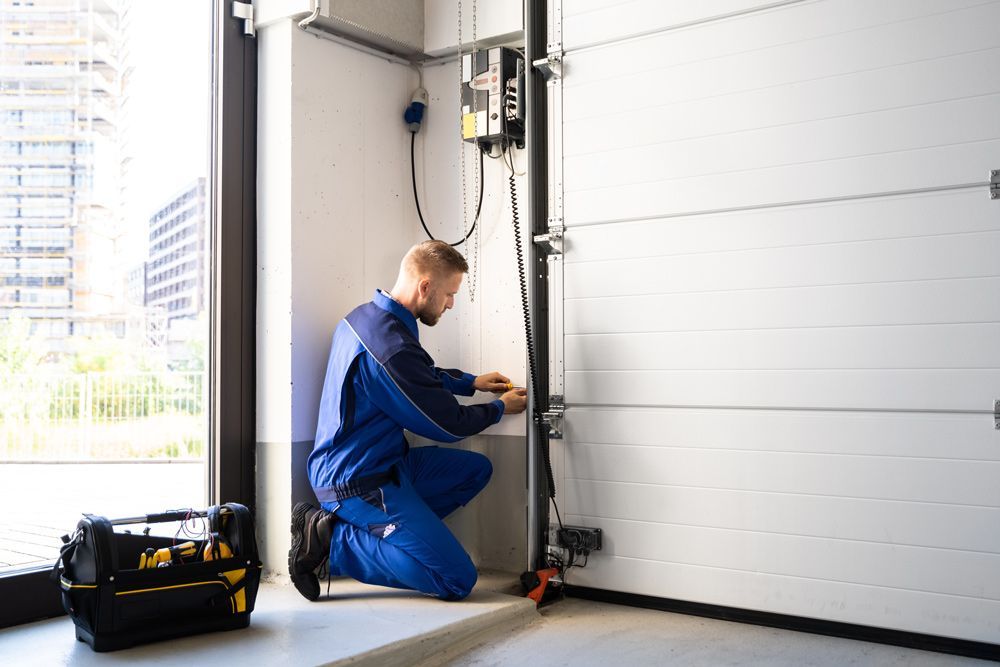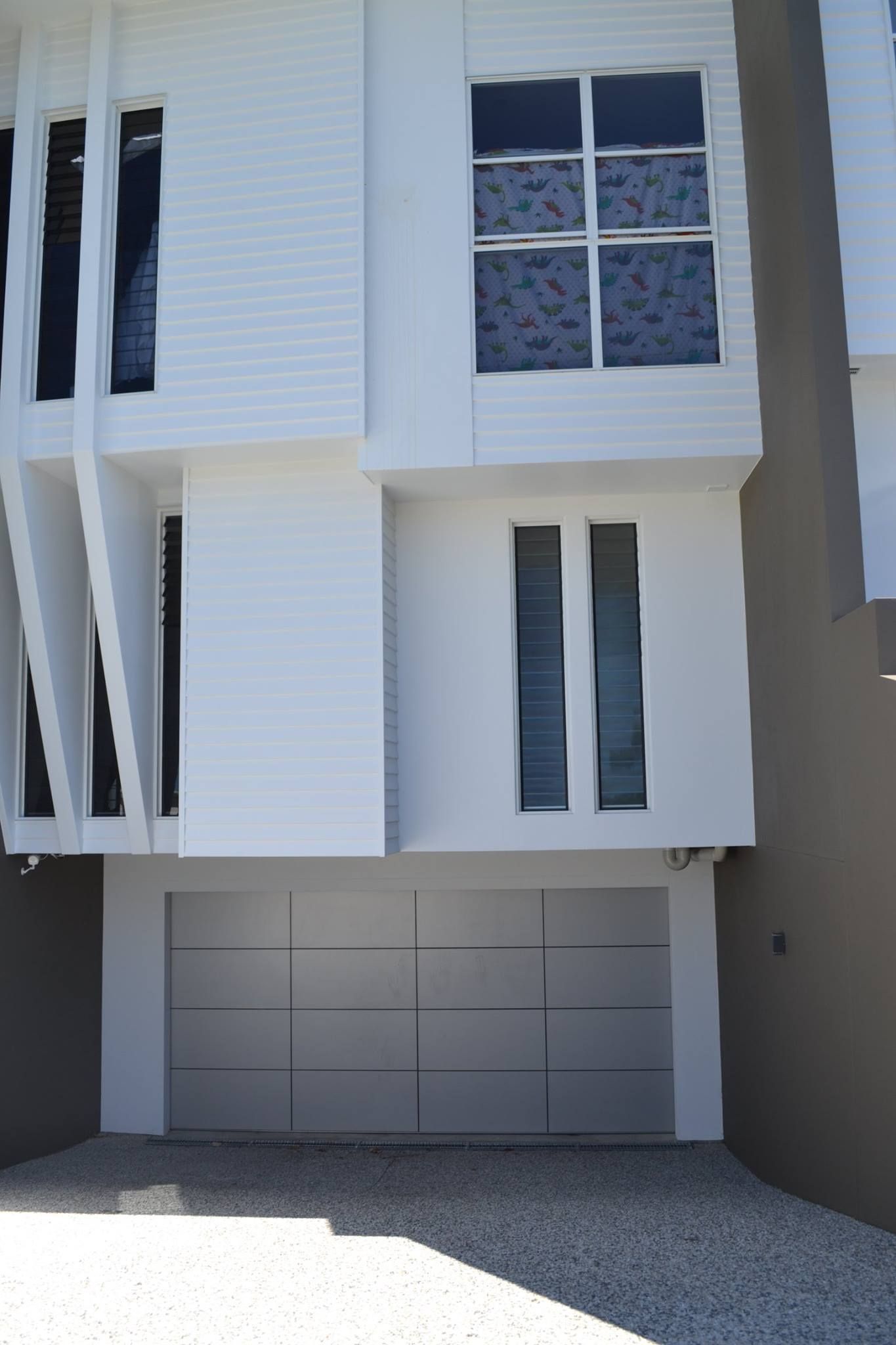What Do You Do If Your Garage Door Makes Strange Noises?
How to Choose the Right Roller Garage Door for Your Home
An odd squeak at dawn. A grinding sound at dusk. A clunk that echoes across your driveway. These strange noises aren’t just a minor annoyance—they’re your garage door’s way of telling you something needs fixing. Left unchecked, these sounds can escalate into serious mechanical failures, safety hazards, and even leave you stuck at the worst possible moment.
In this post, we’ll walk you through what each sound might mean, why it’s better to call in the professionals sooner, and how a specialist can silence your door—for good.
Identify the Type of Sound for Accurate Diagnosis
Before our technicians arrive, your description of the noise helps us target the root cause faster, saving time, effort and cost. Take a moment to listen closely and note the pattern:
- Squeaks or chirps: Often caused by worn rollers or dry hinges. These parts may need inspection, replacement or proper lubrication.
- Grinding or scraping: Usually signals bent tracks, worn cables, or stubborn rollers. This often requires realignment or replacement of damaged parts.
- Rattles: Loose bolts, aged hinges, or worn springs may be the culprits. Tightening, replacing or adjusting components restores stability.
- Loud bangs or clunks: These are often caused by broken springs, snapped cables, or failing motor drives. They demand prompt attention to prevent further damage or safety risks.
By identifying what you're hearing early, our team can bring the right tools and parts, ensuring a smoother, faster repair. It streamlines the process and avoids unnecessary delays.
Understand the Risks Behind Ignored Noisy Doors
It might be tempting to shrug off a squeak or rattle, but doing so risks more than just annoying sounds:
- Higher repair bills: What starts as minor squeaking can escalate into full component failure, turning a small service call into an expensive emergency replacement.
- Safety hazards: Broken springs or cables can strike suddenly, posing danger to people, pets and vehicles.
- Unexpected downtime: Ignoring early warning signs could lock you out—or, when it matters most.
- Accelerated wear: Misalignment or vibration that causes noise can cause premature wear on the motor and opener system.
By acting early, you avoid larger issues—saving money, ensuring safety and keeping your routine uninterrupted.
When to Call Our Garage Door Repair Technicians
Is it time to bring in the experts? Here’s what to look out for:
- New or worsening noise: Even a slight squeak that gradually becomes louder is a signal to take action.
- Uneven or slow movement: If the door hesitates, jerks mid-travel or moves slower than usual.
- Visible misalignment or sagging: Tracks that appear off-centre, rollers that wobble, cables hanging loosely.
- Motor struggling or humming: Sounds of strain from the opener, or the door closes slowly or won’t reverse as expected.
- Vibration or shaking: When the door rattles against its frame or vibrates noticeably at certain points of motion.
If you’ve noticed one or more of these signs—or if your instincts tell you something isn’t right—it’s better to call in professionals.
What to Expect During a Professional Noise Diagnosis
A professional garage door noise diagnosis involves a detailed, multi-step inspection designed to pinpoint the source of the noise and prevent further issues from developing:
- Visual inspection: The technician assesses tracks, rollers, hinges, cables and springs for visible signs of wear, bending, corrosion or damage.
- Operational testing: The garage door is raised and lowered to identify when and where unusual noises occur, while observing the door’s overall movement.
- Opener & motor evaluation: The motor, along with any belt or chain drive, is examined for signs of strain, improper tension, or loose fittings.
- Safety system checks: Critical safety features, including auto-reverse sensors, door balance, and emergency-release functions, are tested for compliance and proper performance.
This structured process ensures that not only is the immediate noise issue addressed, but any underlying mechanical or safety concerns are also detected early, providing long-term reliability and peace of mind.
Common Mechanical Repairs That Fix Noisy Doors
Once we’ve identified the problem, the repair work might involve one or more of the following:
- Roller replacement: Worn metal rollers are swapped out for durable new units—nylon or steel, depending on your setup—to eliminate grinding and squeaking.
- Track realignment: We straighten bent tracks and tighten all guide rails to restore smooth movement.
- Spring & cable servicing: Broken, rusted or worn springs and cables are replaced and calibrated to the correct tension.
- Opener repairs: Stressed or noisy motors receive detailed servicing, and belts or chains are inspected, tightened, or replaced to ensure quiet performance.
- Hardware tightening & replacement: Loose bolts, misaligned hinges or rattly brackets are corrected to prevent repetitive noise.
Each repair uses industry-grade parts and safety procedures, ensuring quieter operation and longer—lasting performance.
How Our Upgrades Can Prevent Future Noise Issues
If you're after more than a quick fix—if you want to significantly reduce noise long term—consider quality upgrades like:
- Nylon-wrapped rollers: These operate far more quietly than metal versions, absorbing vibration and reducing wear.
- Belt-drive opener installations: These modern systems run smoother and quieter than traditional chain-driven openers.
- Anti-vibration hinges & brackets: By isolating movement, they reduce noise caused by metal-on-metal contact.
- Insulated door panels & seals: Provide silent operation and improved thermal efficiency, which are especially valuable in coastal climates.
These upgrades are an investment in comfort, peace and longevity—no more creaking mornings or rattling at night.
Tired of That Garage Door Noise? Let’s Fix It Today
If your garage door is making strange noises—or is just no longer the quiet, reliable entry point it once was—don’t wait for a complete breakdown. As specialists in garage door repairs on the Gold Coast, we understand the challenges coastal homes face: humidity, salt air, and rapid wear on moving parts. We’re ready to restore your garage’s functionality—and your peace.
Contact Gold Coast Door Centre through our contact page or give us a call today to schedule your consultation. Whether you need noise diagnostics, component repair, opener upgrades or a preventive maintenance plan, we tailor our service to meet your home's needs. Let us help you reclaim your mornings and reclaim your silence.












